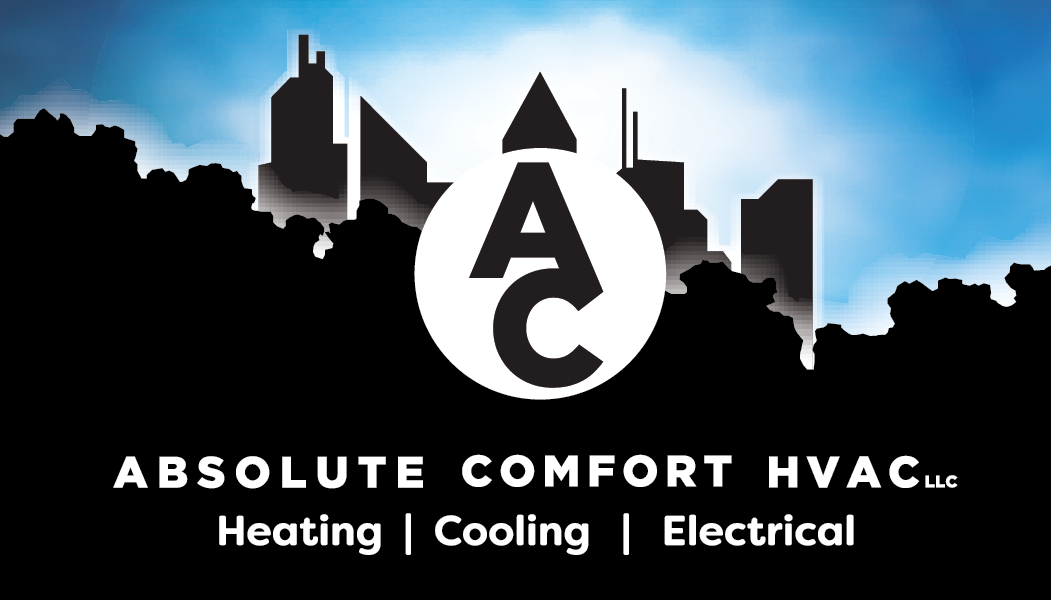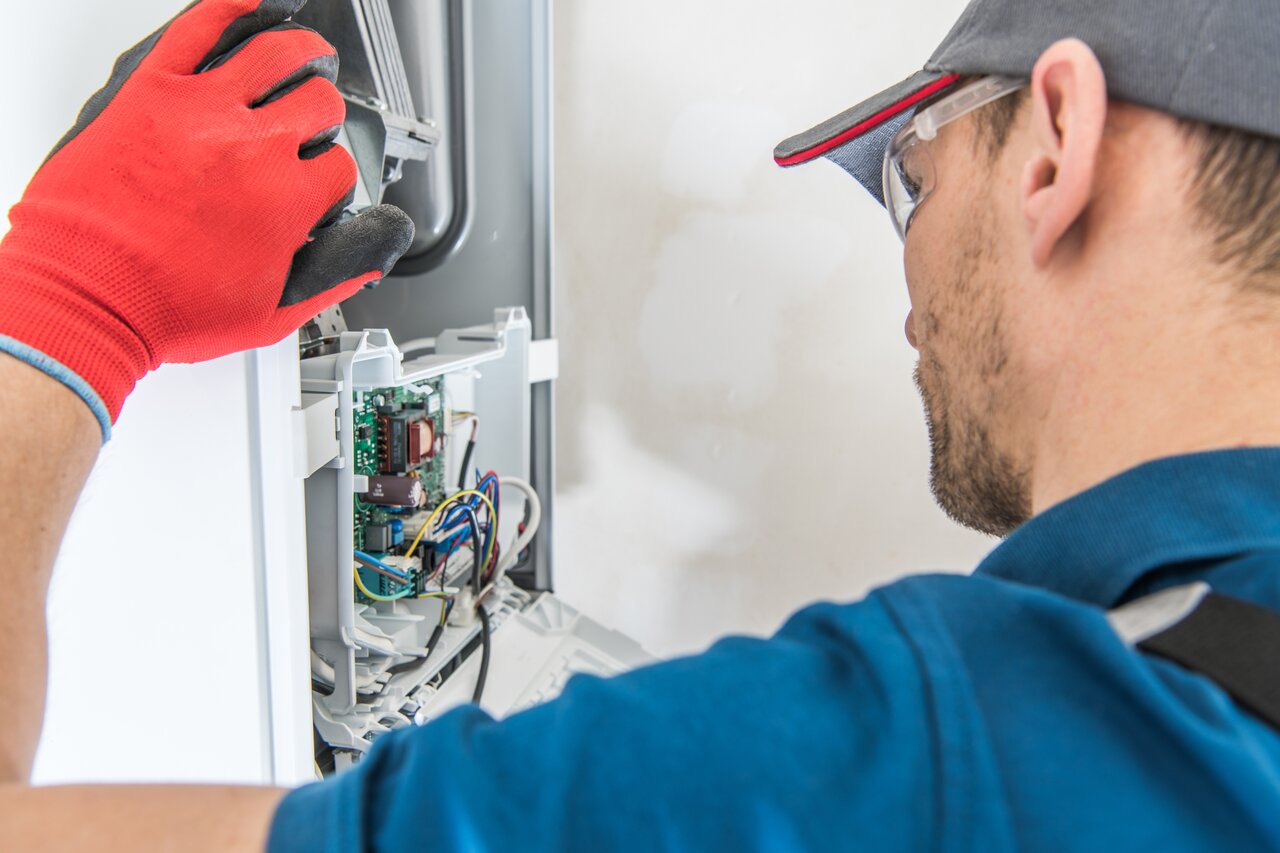When it comes to heating your residential or light commercial property, selecting the right furnace is critical to ensuring year-round comfort, energy efficiency, and a warm indoor environment. With a wide variety of furnaces available in the market, it might feel overwhelming to sift through various models and specifications to find the perfect fit for your space. However, understanding the essential factors and considerations that play a role in choosing the right furnace can make the selection process considerably smoother.
Selecting the ideal furnace requires a comprehensive understanding of your heating needs, your property’s layout, insulation levels, and energy consumption habits. It is also essential to consider the long-term costs and benefits associated with different furnace types, ensuring that your investment is cost-effective and well-suited to your needs. As a trusted HVAC service provider, Absolute Comfort HVAC understand that these factors may seem daunting, but our professionals are here to guide you every step of the way to make an informed decision.
Learn some of the key areas to contemplate when selecting a furnace for your home or business, taking into account system type, energy efficiency, size, fuel options, and more.
Furnace Types: Single-Stage, Two-Stage, and Modulating
When selecting a furnace, one of the first decisions you’ll face is determining which type of system is best suited for your needs. There are three common furnace types to choose from, each with distinct advantages and drawbacks.
- Single-Stage Furnaces: These furnaces have one operational setting, which means they are either on or off. When functioning, single-stage furnaces operate at full capacity, providing consistent and reliable heat. However, this type of system may not be the most energy-efficient option, as it cannot adjust to varying heating demands.
- Two-Stage Furnaces: As the name suggests, two-stage furnaces have two operational modes: high and low. This feature allows the furnace to adjust its output based on your property’s heating needs, providing more even heat distribution and greater energy efficiency compared to single-stage systems.
- Modulating Furnaces: These furnaces offer the greatest level of control with continuous adjustments in their heating output. Modulating furnaces can closely match the heat output to your space’s needs, resulting in exceptional comfort levels and energy efficiency.
When choosing between these furnace types, consider the desired comfort levels, energy efficiency, and upfront costs associated with each option to make an informed decision.
Furnace Efficiency: Understanding AFUE Ratings
Energy efficiency is a crucial factor when selecting a furnace, as it impacts your long-term heating costs. Furnace efficiency is measured by the Annual Fuel Utilization Efficiency (AFUE) rating, which indicates the percentage of fuel the unit converts into usable heat.
A higher AFUE rating signifies better energy efficiency, resulting in lower energy bills. When choosing a furnace, it’s essential to weigh the initial costs of a high-efficiency system against the potential long-term savings on energy bills. Our professionals can help you analyze these factors to find the most cost-effective and energy-efficient solution for your property.
Furnace Size: Matching Your Heating Needs
Selecting the right furnace size is critical to ensuring optimal comfort, energy efficiency, and system longevity. A furnace that is too small for your space will struggle to provide adequate heat, causing it to overwork and wear out quickly. On the other hand, an oversized furnace can result in short-cycling, leading to temperature fluctuations, reduced energy efficiency, and decreased system lifespan.
Our professionals can assess your property’s heating needs, taking into account the square footage, insulation levels, and other factors to determine the appropriate furnace size. This ensures that your furnace will effectively and efficiently heat your space without overburdening the system.
Fuel Options: Gas, Oil, and Electric Furnaces
Furnaces can be powered by different sources, including natural gas, oil, and electricity. The choice of fuel is an essential consideration in selecting a furnace, as each option presents its pros and cons.
- Gas Furnaces: Natural gas is the most common furnace fuel source, offering an efficient and affordable heating solution. Gas furnaces typically have lower operational costs compared to oil and electric models.
- Oil Furnaces: While not as popular as gas furnaces, oil systems can still provide effective heating for properties without access to natural gas lines. However, oil furnaces require regular maintenance and fuel deliveries, potentially leading to higher long-term costs.
- Electric Furnaces: These furnaces are often the least expensive when it comes to initial costs and installation. However, electric furnaces tend to have higher operational costs due to electricity rates and may not be the most energy-efficient option.
Discuss your fuel options with our professionals to determine the best furnace type for your property, based on fuel availability, cost, and energy efficiency.
Conclusion
Choosing the right furnace for your residential or light commercial property requires careful consideration of various factors, including system type, energy efficiency, size, and fuel options. By evaluating these aspects and consulting with our experienced professionals, you can make an informed decision that caters to your property’s specific needs and requirements.
Partner with Absolute Comfort HVAC to find the ideal furnace solution tailored to your home or business. Our skilled technicians are here to provide guidance and expert furnace services in Waterford, WI, and surrounding areas to ensure that your heating system is optimized for performance, cost, and comfort. Contact us today for comprehensive furnace service, repair, replacement, and maintenance that you can rely on!




